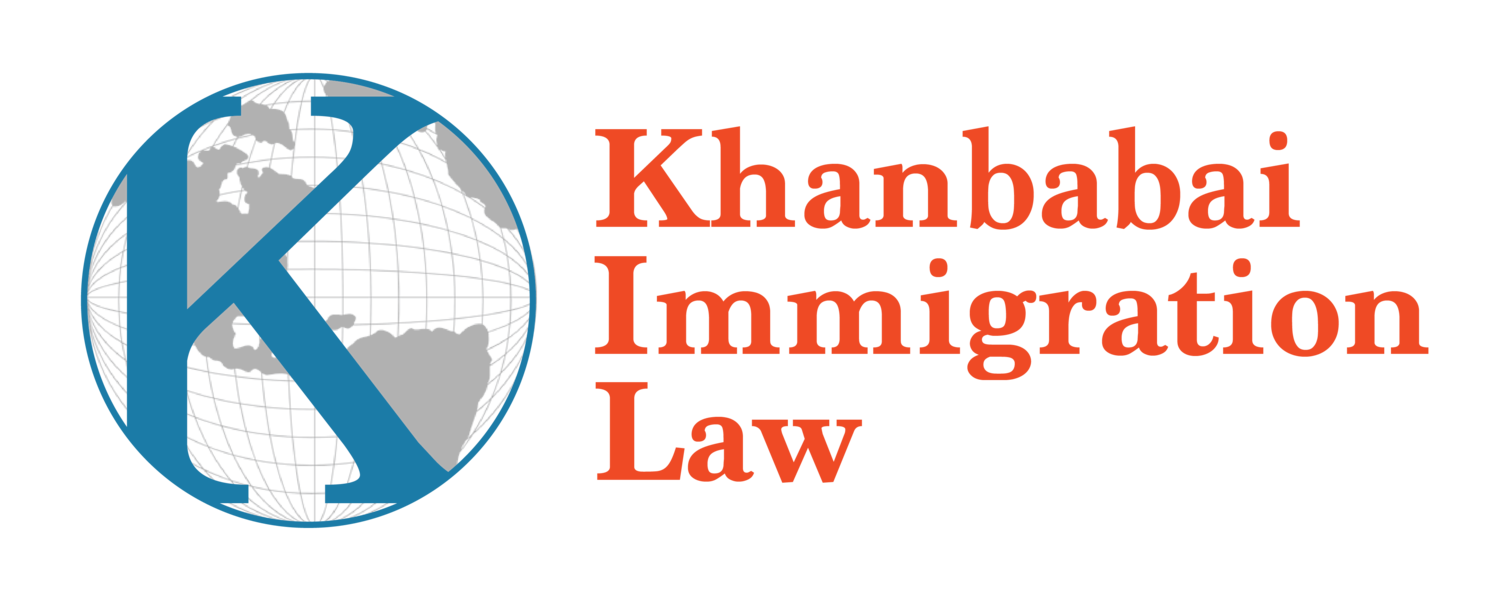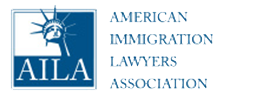Immigration Options for Ukrainians
Millions of Ukrainian nationals left Ukraine after the Russian invasion. Many are seeking immigration options to the U.S. with the hope that there are special visas available to them due to the crisis. Unfortunately, U.S. immigration laws are very strict, and the visa options are limited to the standard categories. Descriptions of the most common temporary and permanent immigration options are described below.
Additionally, USCIS created a webpage for Ukrainians regarding some of the immigration help they are offering:
https://www.uscis.gov/newsroom/alerts/immigration-help-available-to-those-affected-by-special-situations-including-the-invasion-of-ukraine
Temporary visa options:
The temporary visa options available to Ukrainians are the same as they have been, the war has not changed the process of applying for a visa to the U.S. Immigration laws are very complex and it is highly recommended that an applicant speak with a U.S. licensed attorney who has experience with visa applications before applying for the visa. An in-depth consultation with the attorney is very beneficial to determine visa eligibility.
Visitor Visa
The B1/B2 visitor visa is a temporary visa to visit the U.S. A person must demonstrate that they intend to return to their home country or another country or the visa will be denied. In fact, the law is written in a way that a consular officer must assume the applicant has an intent to stay in the U.S. and the applicant must prove otherwise. A person must also show sufficient funding to pay for their trip.
Applicants may apply online for an interview at any embassy or consulate where they are physically present and where appointments are available. Due to COVID 19 restrictions and backlogs at U.S. embassies, applicants may face long waits for visa appointments at some Embassies and Consulates.
F1 or J1 Student or scholar Visa
Students accepted to a U.S. school or university can apply for a student visa, the F1. The school will provide the students with an I-20 form demonstrating their acceptance. A student must be able to prove that they have funding to cover the costs of full-time course of study and that they have the intent to leave the U.S. at the end of their studies. An F1 visa application is completed online, and an interview is scheduled at a U.S. embassy where they are physically present.
Work Visa Options
Temporary work visas are for persons who want to enter the U.S. for a fixed period of time and are not considered permanent or indefinite. There are several different types of work visas, depending on the type of job. Each of the visas requires the U.S. employer to first file a petition with U.S. Citizenship and Immigration Services (USCIS). An approved petition is required to apply for a work visa at the U.S. embassy or consulate. It is critical to speak with a U.S. immigration lawyer to determine which work visa category is the right fit.
Family-Based Immigrant Visas
Immigrant visas are for persons who want to live and/or work permanently in the U.S. In most cases, a close relative (spouse, parent or child, or sibling) or an employer sponsors the person by filing a petition with U.S. Citizenship and Immigration Services (USCIS).
Family Based immigration Already in Process
If an applicant was already in the immigrant visa process and was going to be interviewed at the U.S. Embassy in Kyiv, these cases are now being processed at the US Embassy in Frankfurt, Germany. These cases are automatically being transferred by the National Visa Center (NVC).
New Family based options
A marriage-based petition can sometimes be filed directly at a U.S. Embassy where the applicant and the U.S. spouse live. For example, if a Ukrainian is living in Germany, they can ask the U.S. embassy in Frankfurt about filing the I-130 family petition in Germany, due to the exceptional circumstances in Ukraine.
A Fiancé petition must be filed with USCIS which has created a specific web page with information for Ukrainians after the invasion. Among other assistance, it mentions expediting petitions.
Asylum Seekers or Refugees
A person outside of the U.S. can’t apply for asylum to the U.S, they must be physically present in the U.S to do so. However, applications for refugee status can be done with the UNHCR in each country. Upon successful screening and refugee processing abroad, which currently takes several years, a Ukrainian national will be eligible for temporary resettlement assistance to the country for which they are designated.
Ukrainians should not apply to a US Embassy as refugees or asylees as they will be denied because of their intent to stay in the U.S. permanently.
Additional information is available from UNHCR: https://help.unhcr.org, including information about non-governmental organizations that may be able to provide additional assistance. The USAID’s website has information for Ukrainian refugees: https://www.usaid.gov/usaid-response-ukraine/resources- refugees-asylum-seekers.
Humanitarian Parole
Humanitarian parole has historically been an option granted temporarily to individuals based on urgent humanitarian or significant public benefit reasons. Humanitarian parole determinations are made on a case-by-case basis and there is no blanket authorization for Ukrainian nationals. It is a temporary authorization to stay in the USA and does not provide a path to a green card or another immigration status.
Typically, humanitarian parole applications are appropriate when there is no other viable immigration option available. In general, parole is not intended to be used solely to avoid normal visa processing procedures and timelines, or to replace established refugee processing channels.
Based on recent experience with Afghan’s applying for humanitarian parole, these applications do not have a high rate of approval. The application factors will have to be exceptional for any chance of success.
Visa Appointments at U.S. Embassies
US Embassies in several countries have set up special application procedures for the family-based visa categories explained above, namely for Ukrainians with U.S. spouses or children. This information can be found directly on each U.S. embassy’s website.
The State Department provided information for Ukrainians seeking visas: https://travel.state.gov/content/travel/en/News/visas-news/information-for-nationals-of-Ukraine.html
This information is for informational purposes only and is not not legal advice. We hope you find this helpful as an introduction to the complex immigration laws. Please email or call the office to schedule an individual consultation.
Last updated 3/13/22



